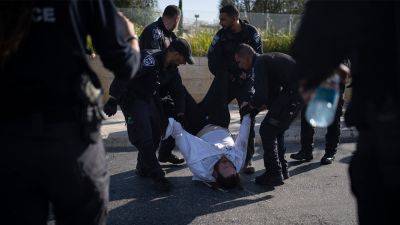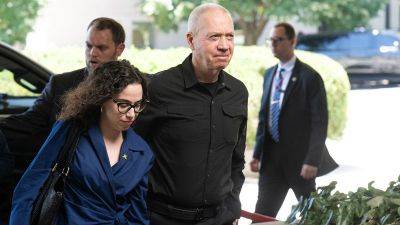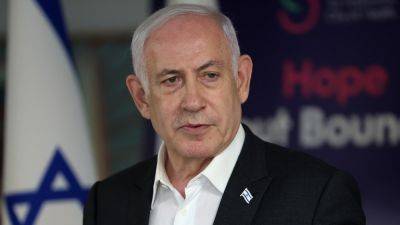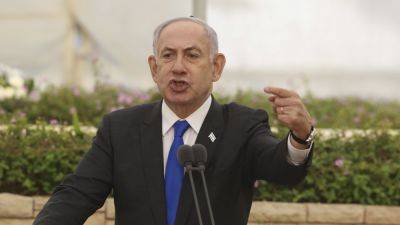Can the U.S. force a cease-fire between Israel and Hamas?
Israelis rejoiced in Tel Aviv after hearing that four of the hostages abducted in the October 7th Hamas attacks had been rescued as a result of an Israeli special forces operation in Gaza. The operation killed more than 270 Palestinians and left 700 wounded, according to Gaza's health ministry.
While it was also a moment of triumph for Israeli prime minister Benjamin Netanyahu, and the largest recovery of living hostages since the war erupted eight months ago, his celebration was short-lived.
Benny Gantz, a centrist member of Israel's unity war cabinet, announced his resignation on Sunday, over Netanyahu's management of the war in Gaza. Gantz said part of his resignation was due to Netanyahu prioritizing his own political survival over the fate of the hostages in captivity.
You're reading the Consider This newsletter, which unpacks one major news story each day. Subscribe here to get it delivered to your inbox, and listen to more from the Consider This podcast.
How this complicates a cease-fire deal.
To begin, Gantz was a moderating voice in the war cabinet.
After his resignation, Netanyahu will be even more reliant on far-right members of his coalition, who have vocally opposed efforts to broker a cease-fire.
And while Hamas has said it's open to what is outlined in a US cease-fire proposal, the large number of Palestinians killed in the hostage rescue could make it harder for Hamas to reach an agreement when all is said and done.
NPR's International correspondent Daniel Estrin, and State Department correspondent Michele Kelemen joined Consider This host Mary Louise Kelly to explain how the future of a cease-fire is still uncertain.
Estrin explained that Israel's military advances in Rafah are what made Israel willing to







